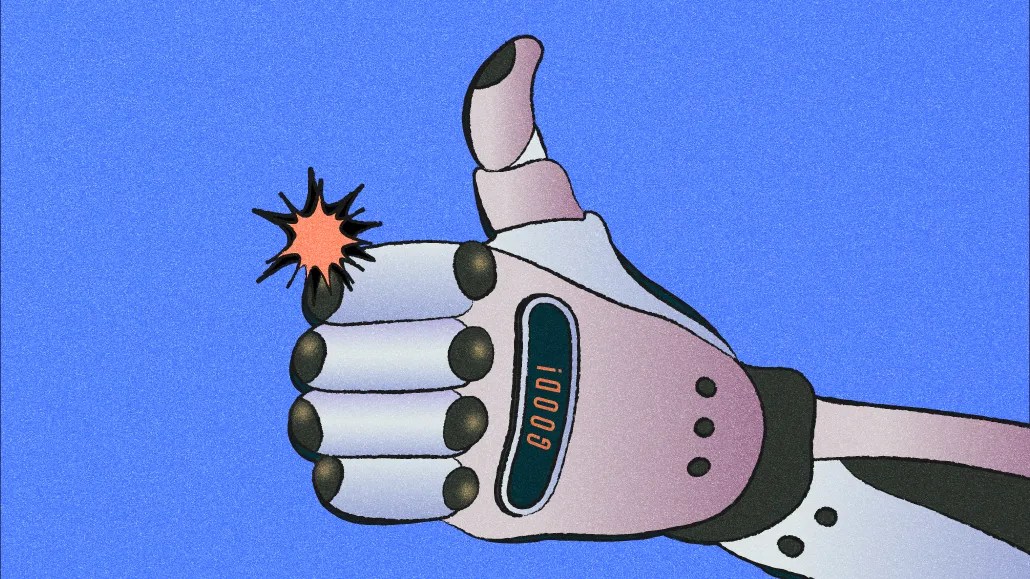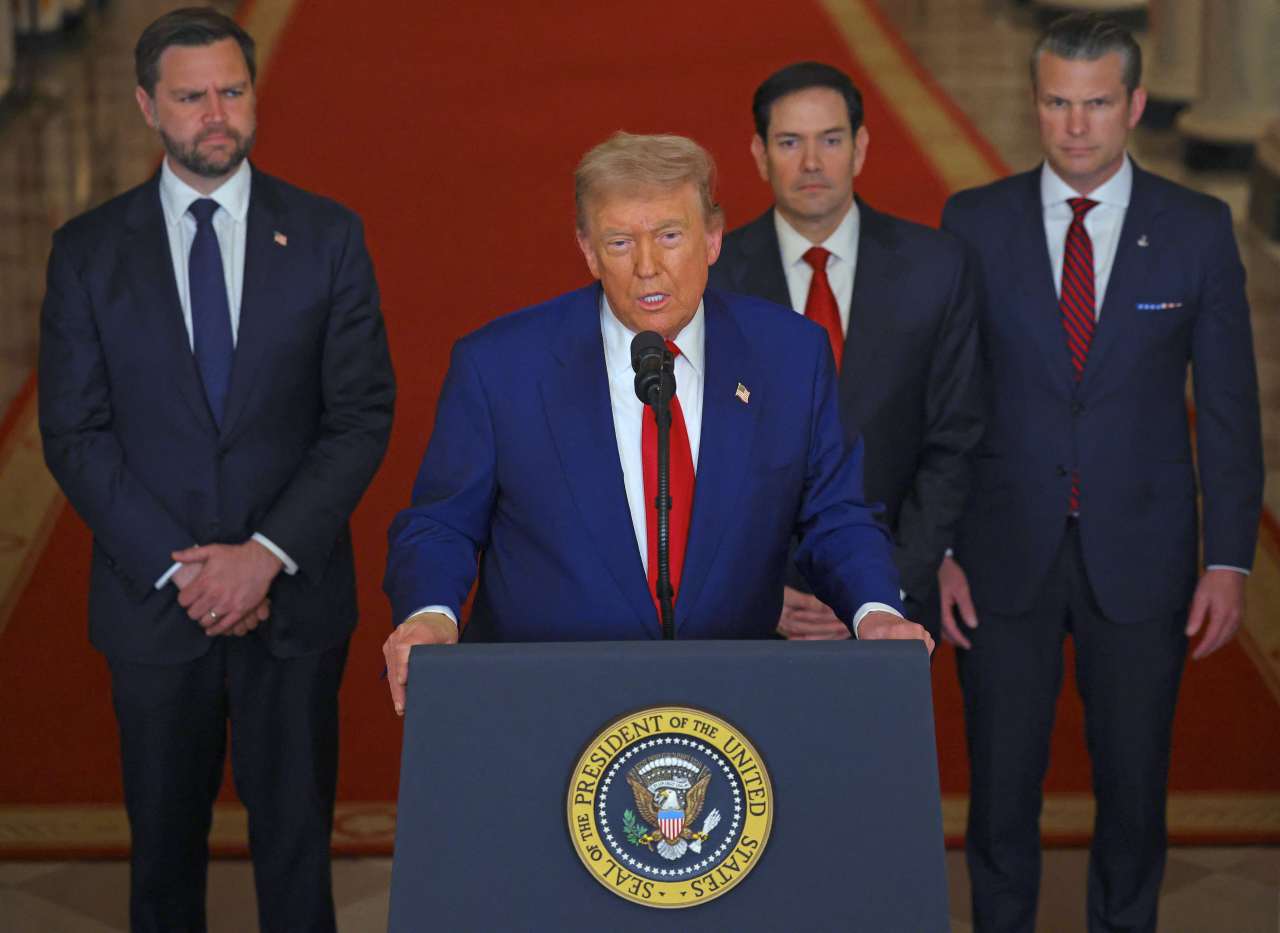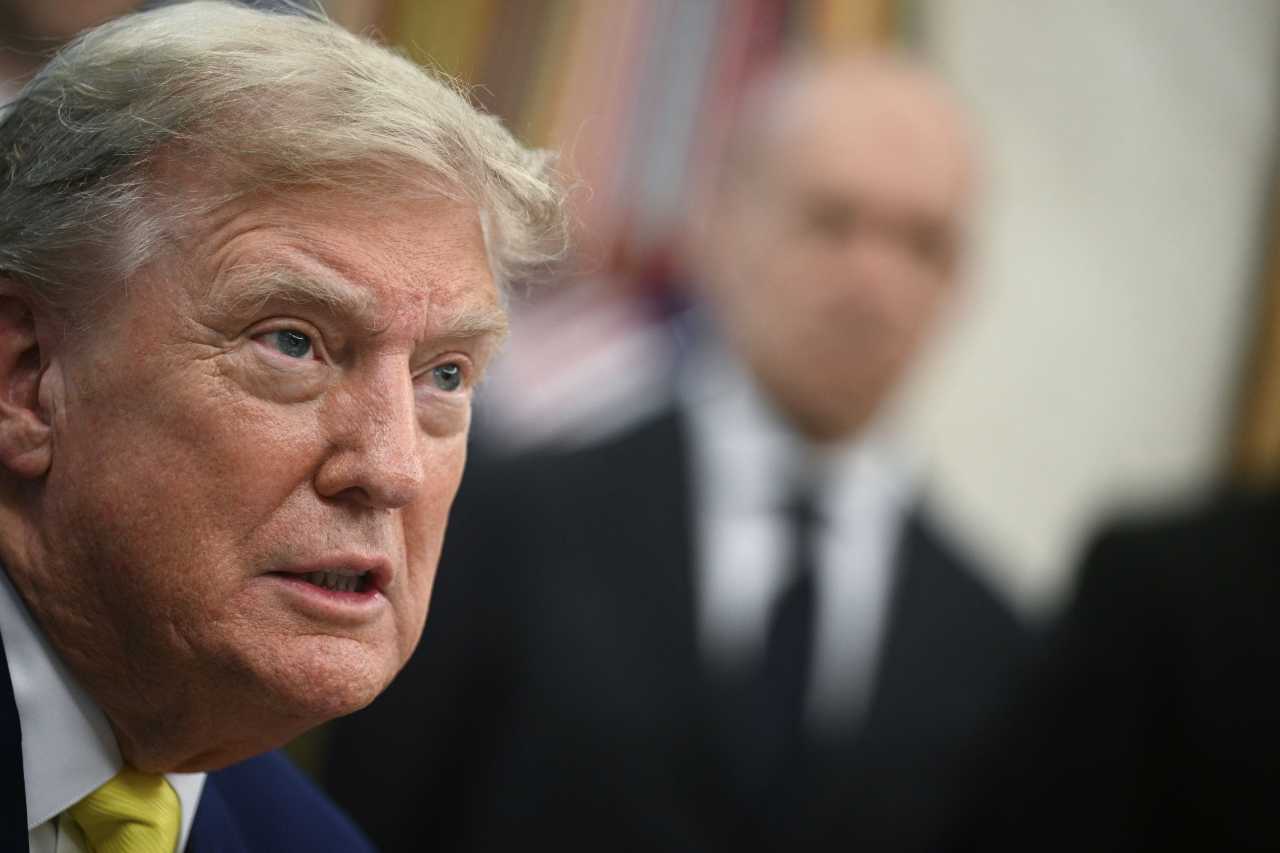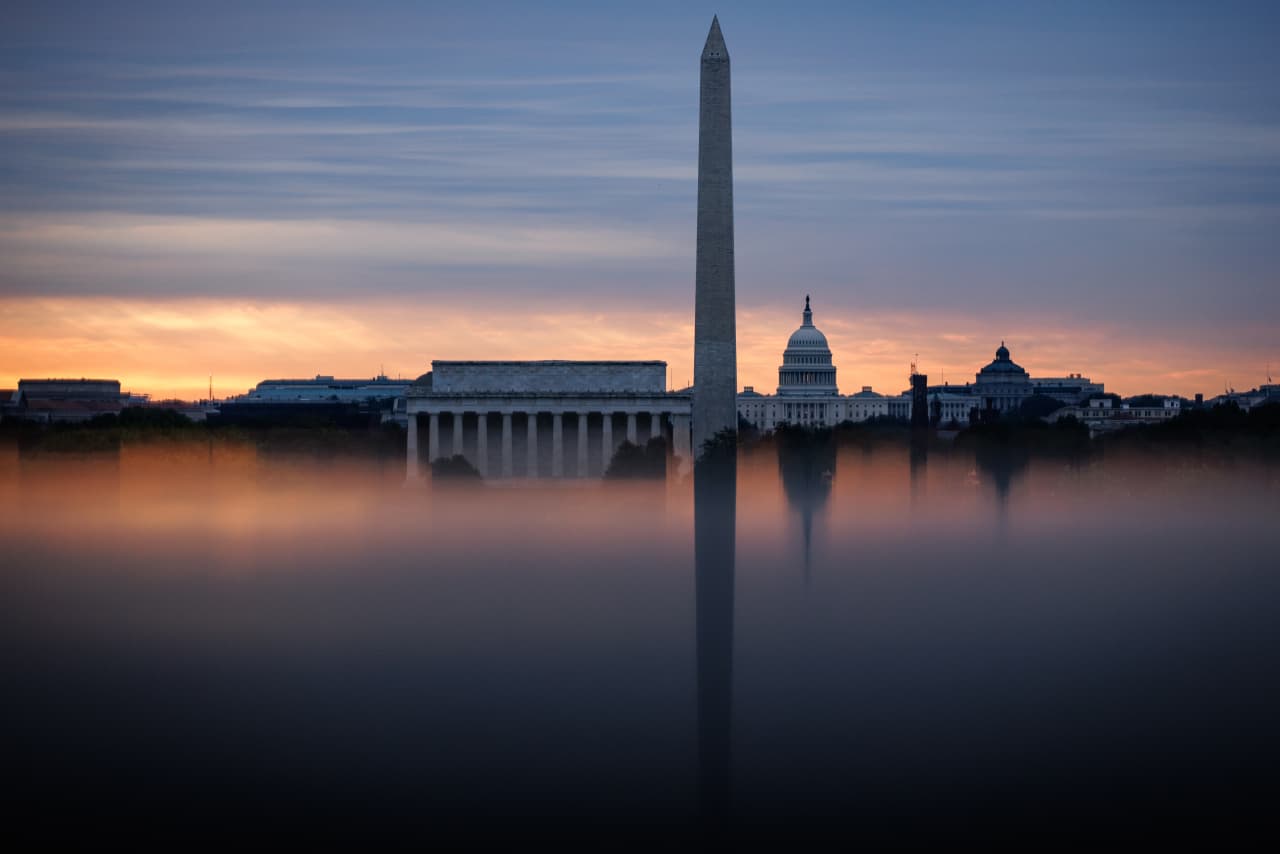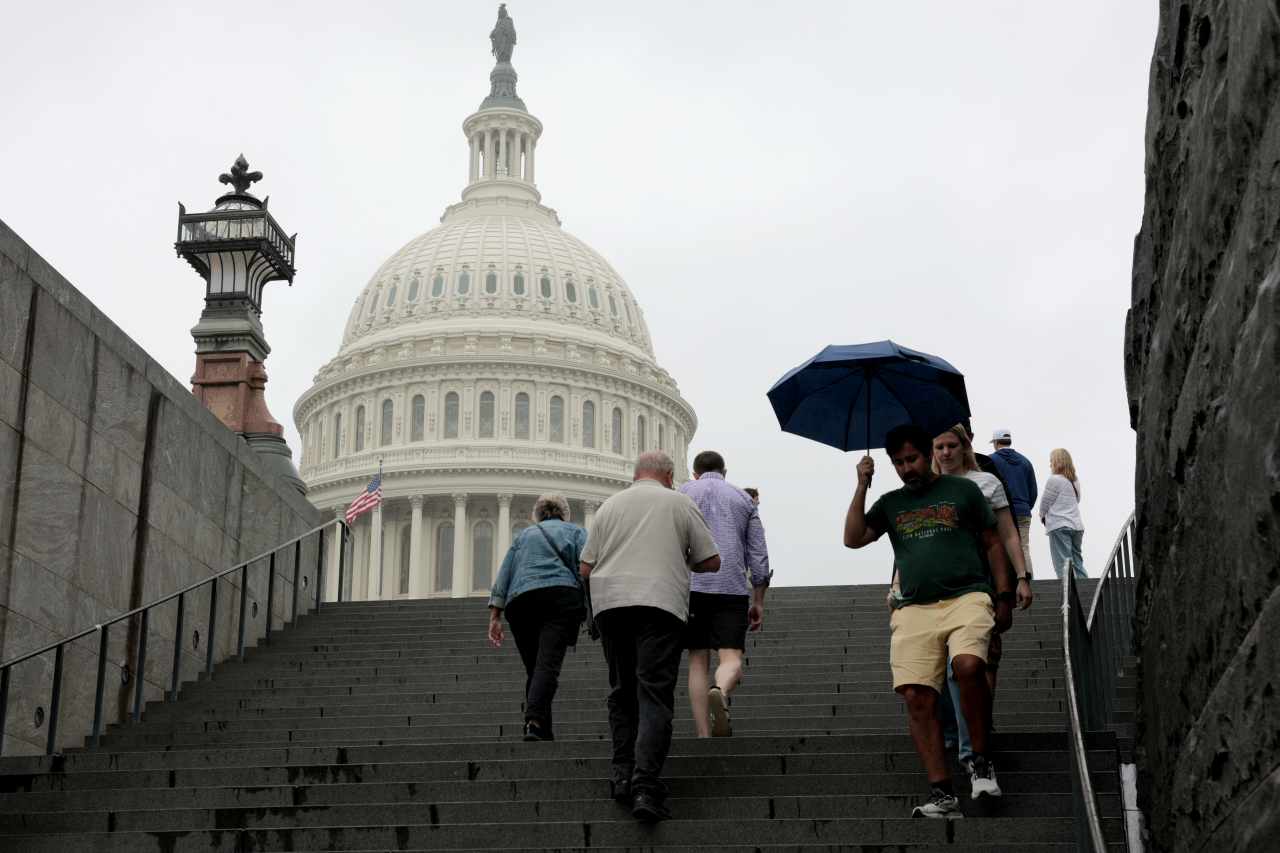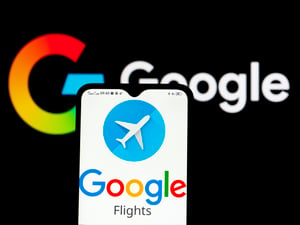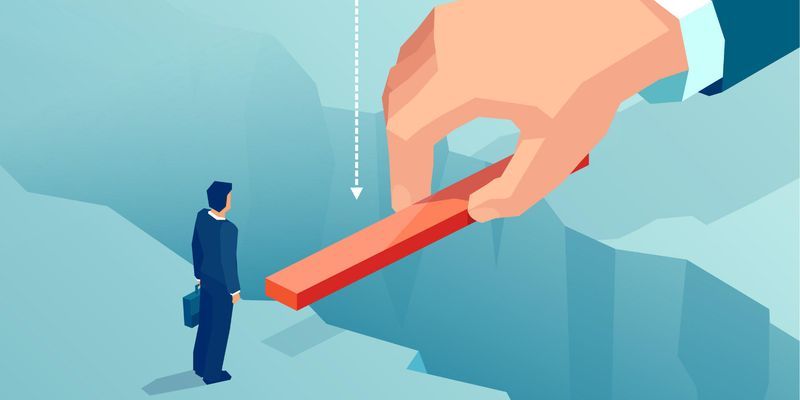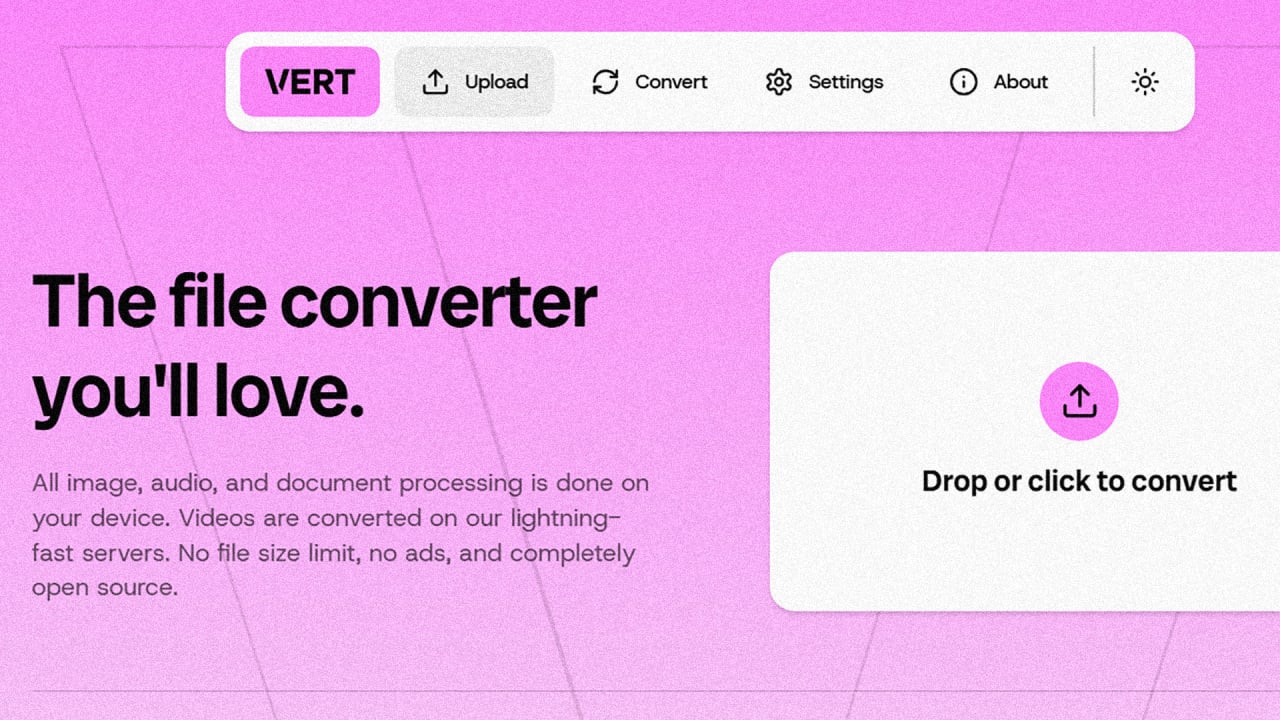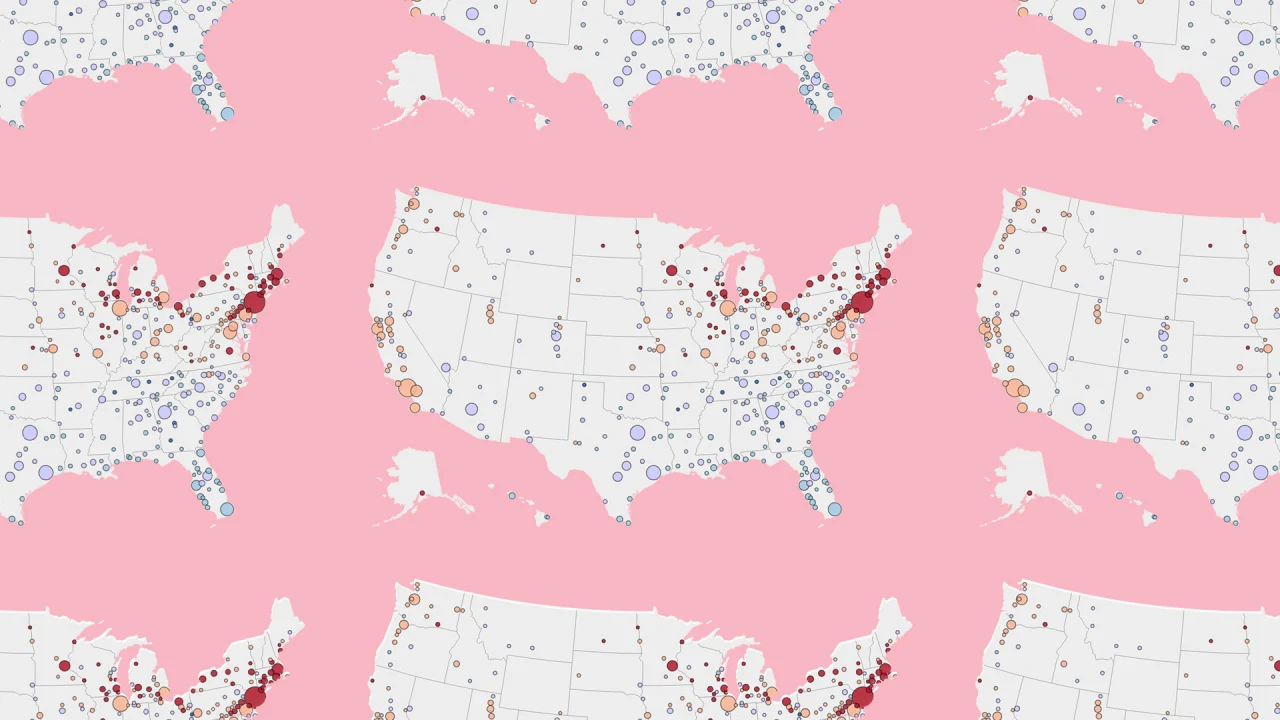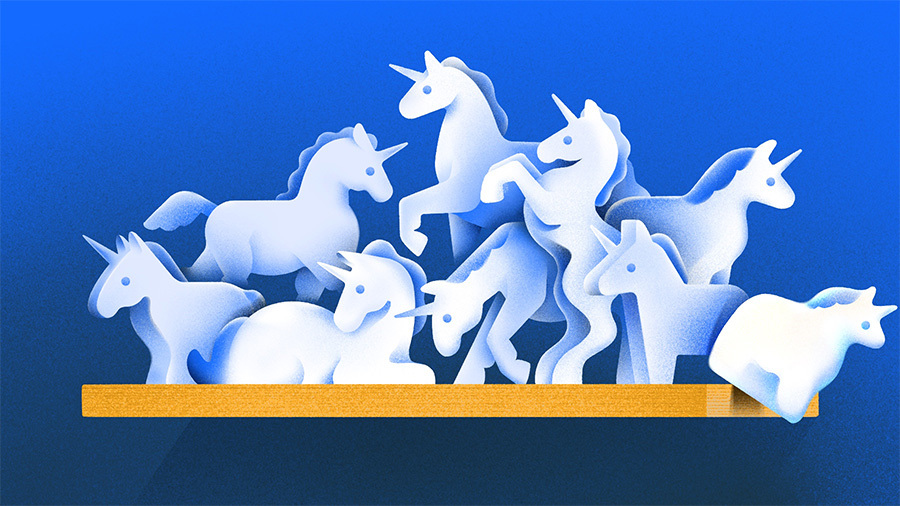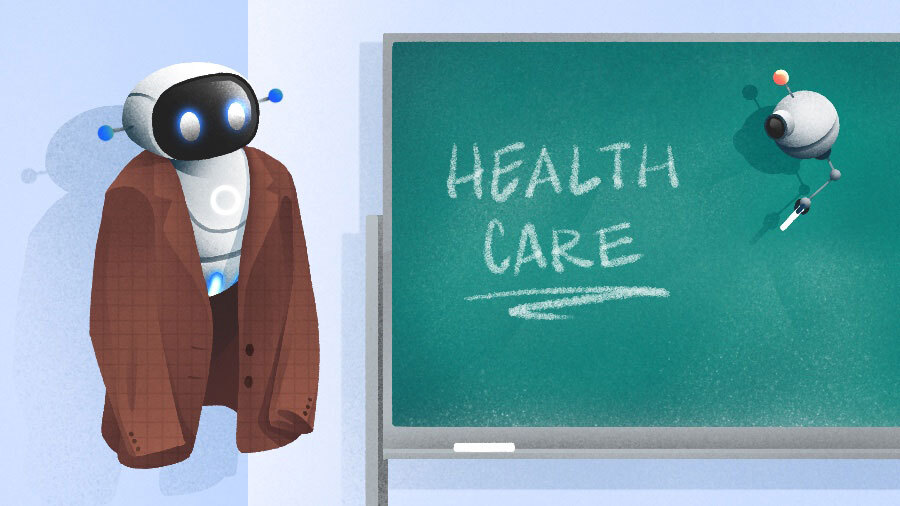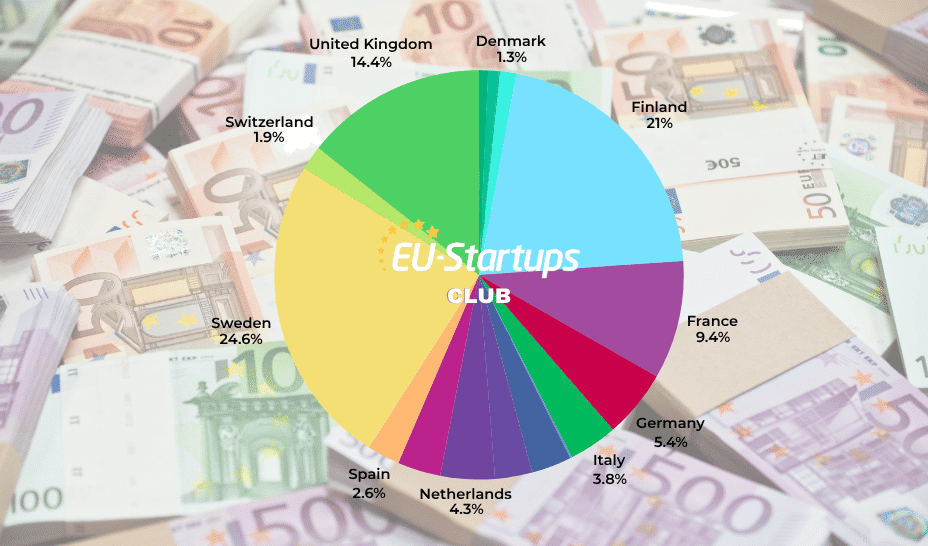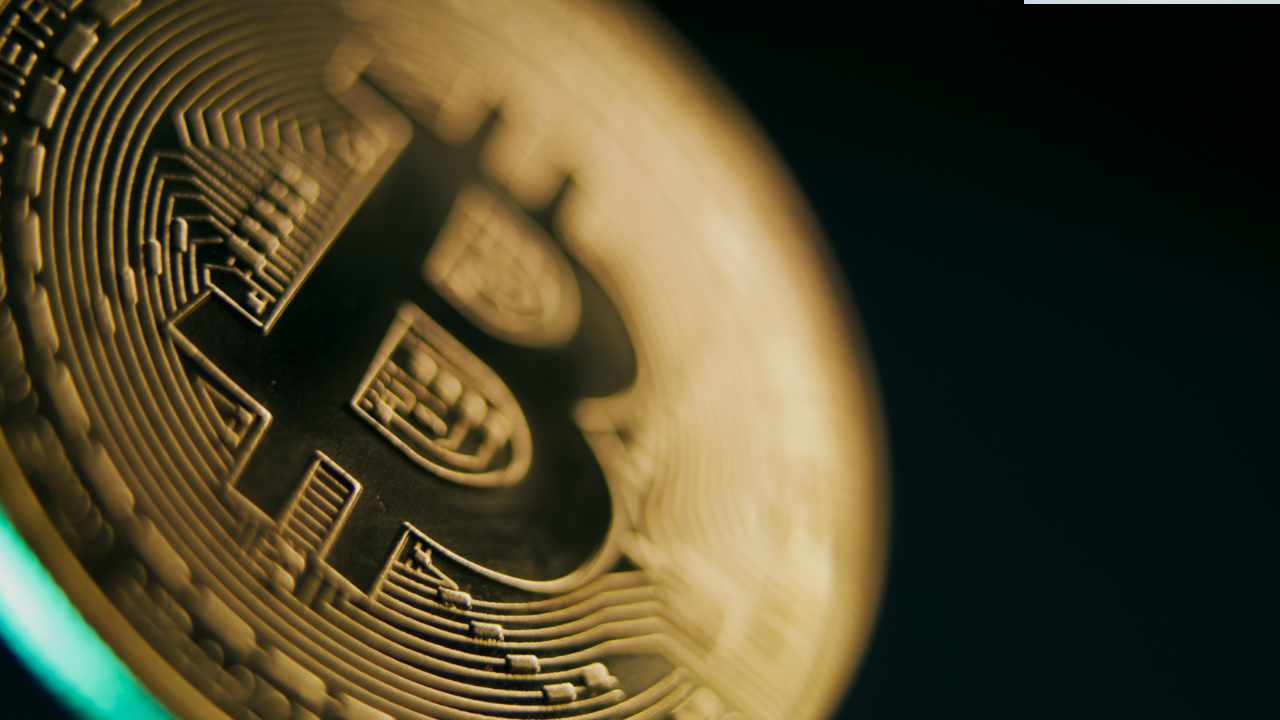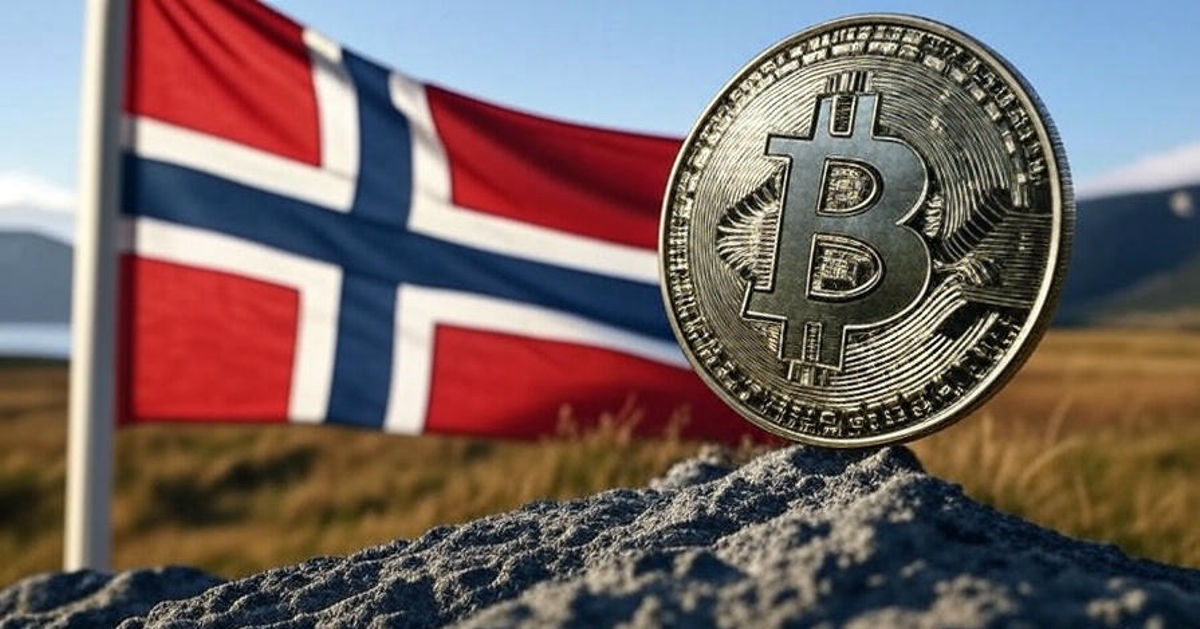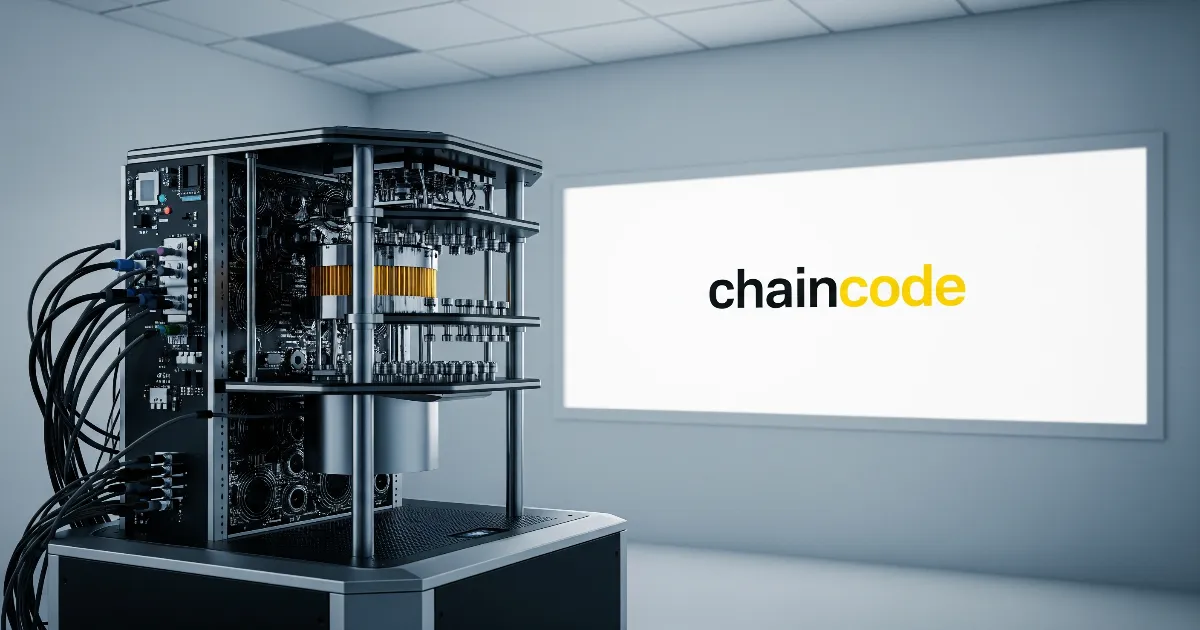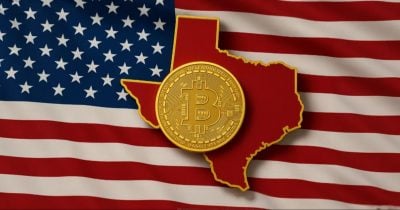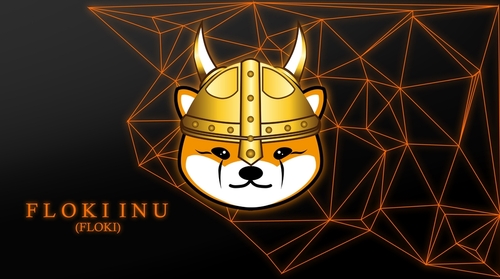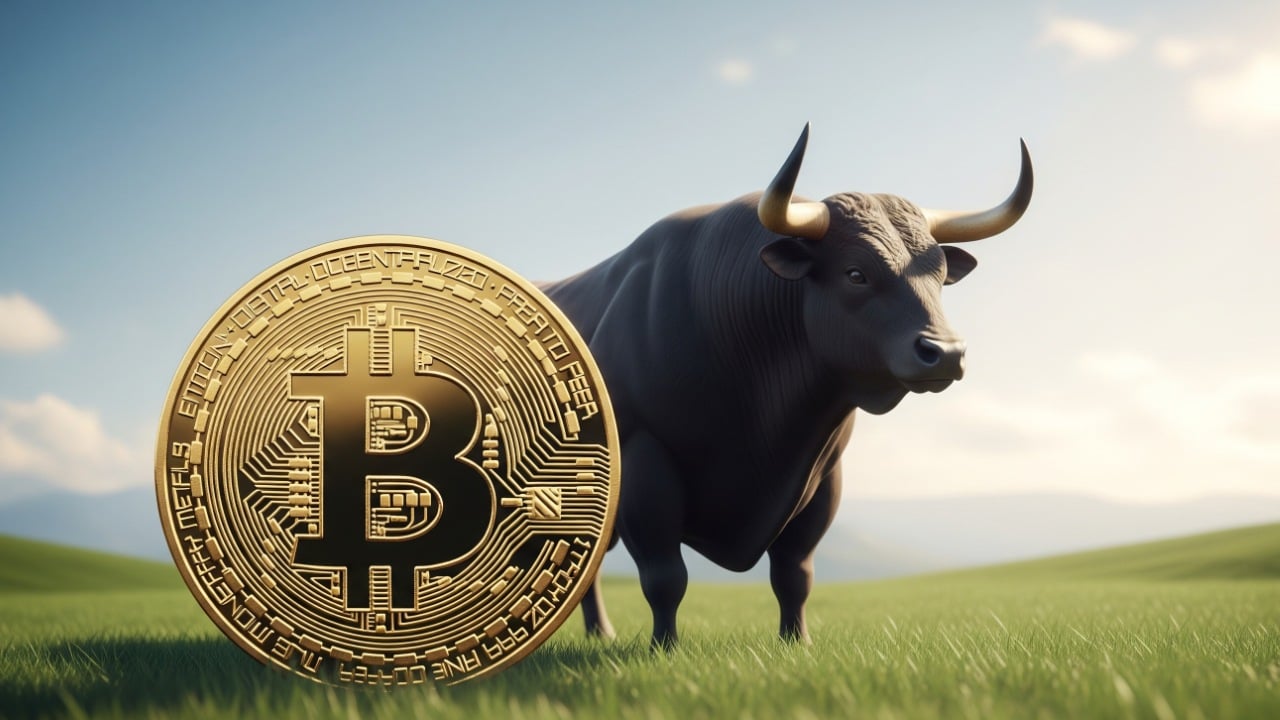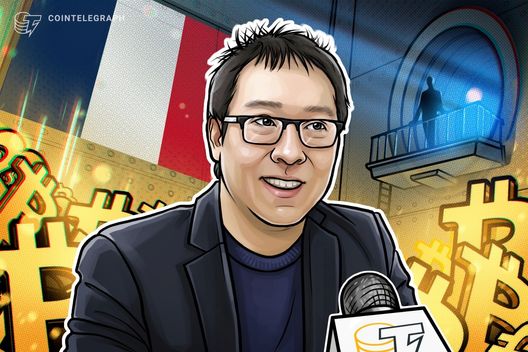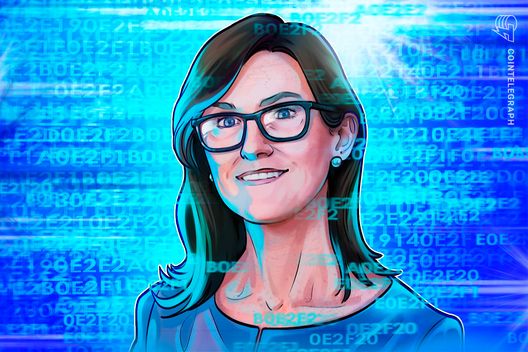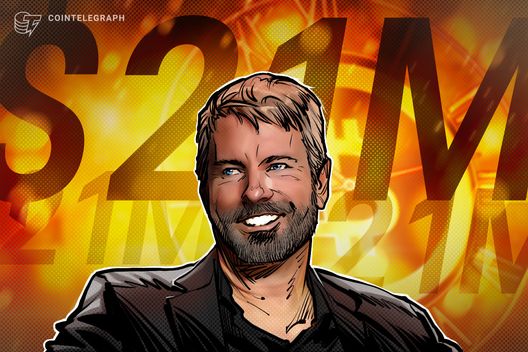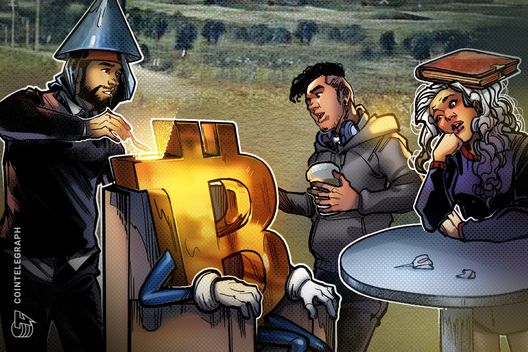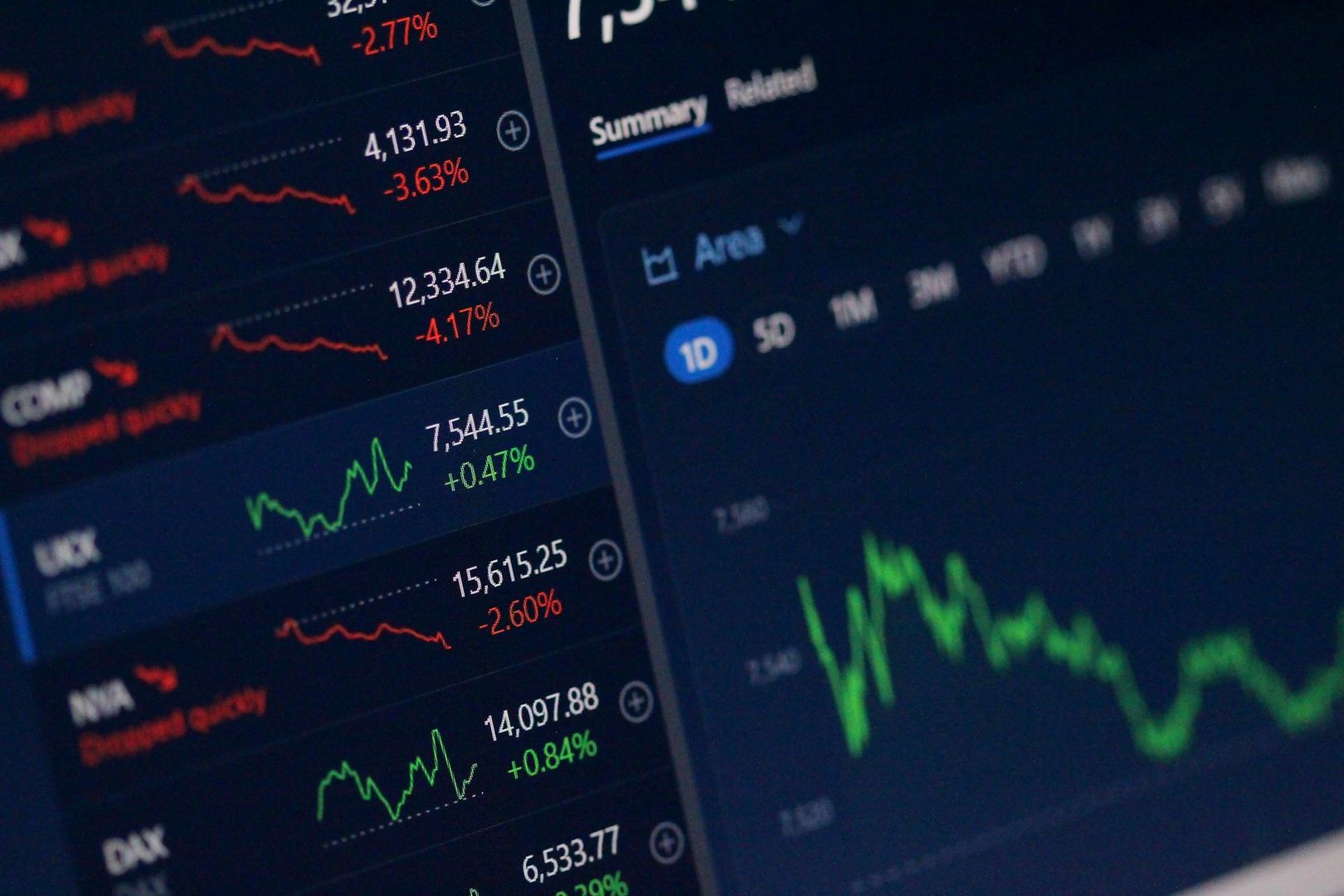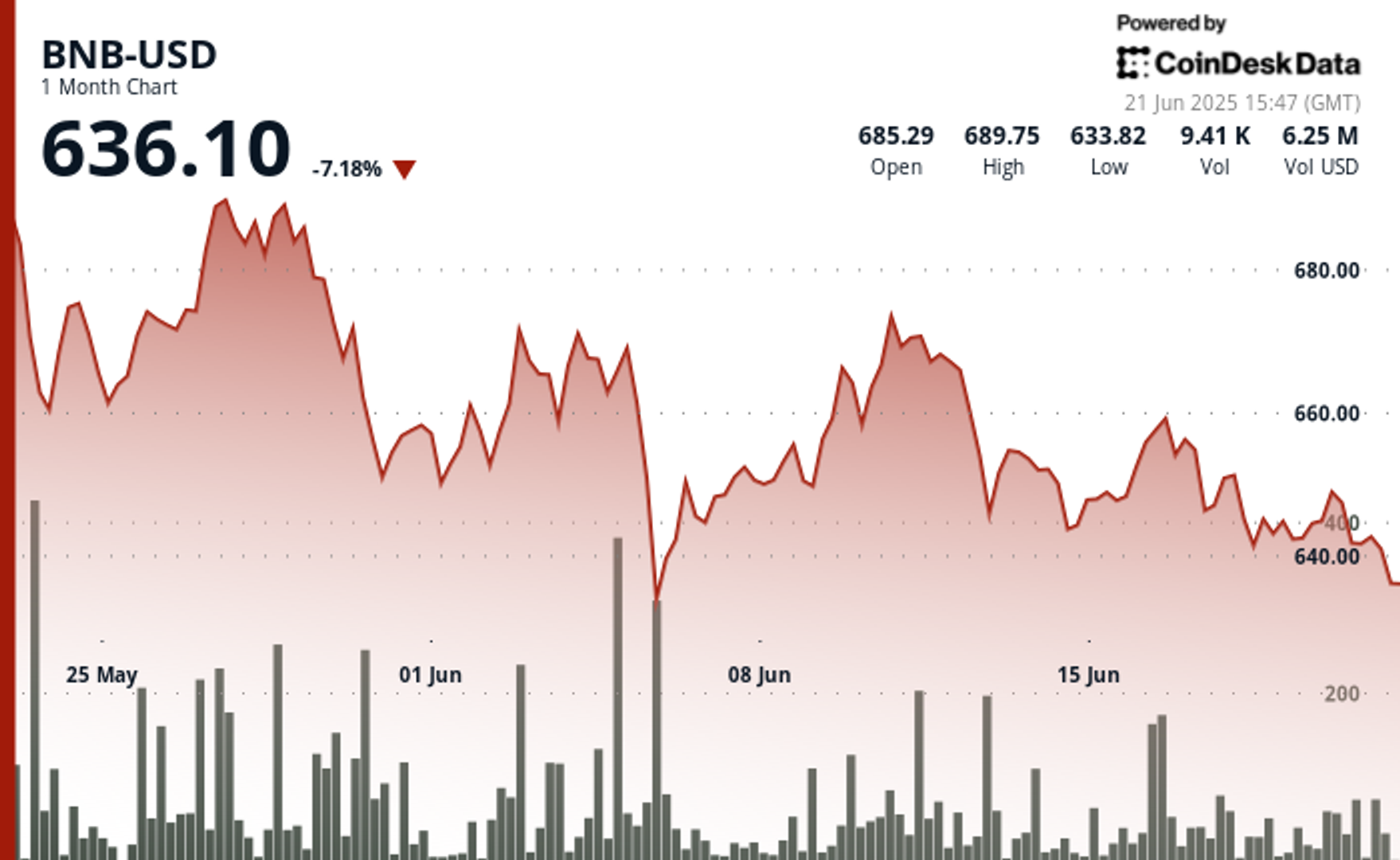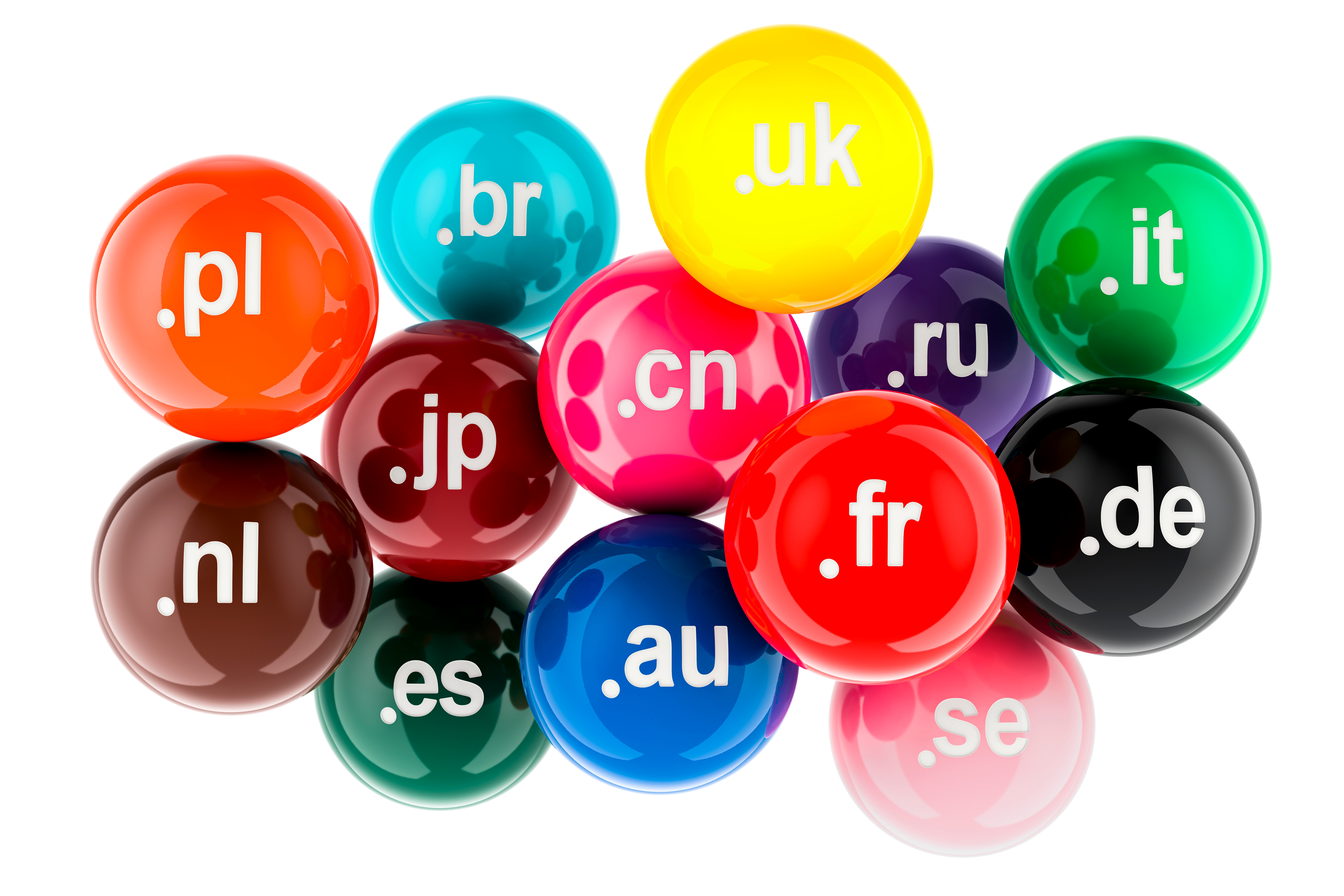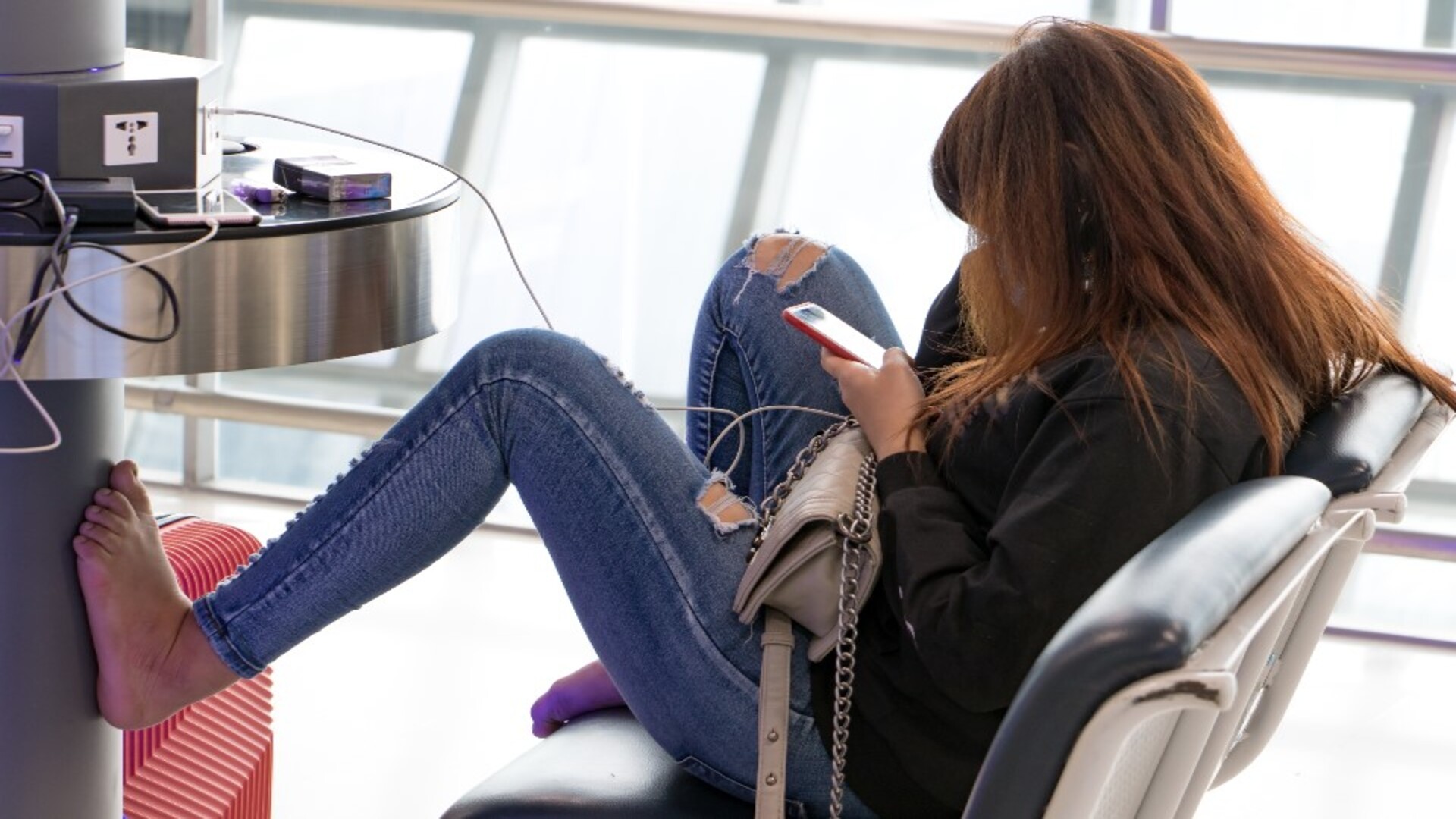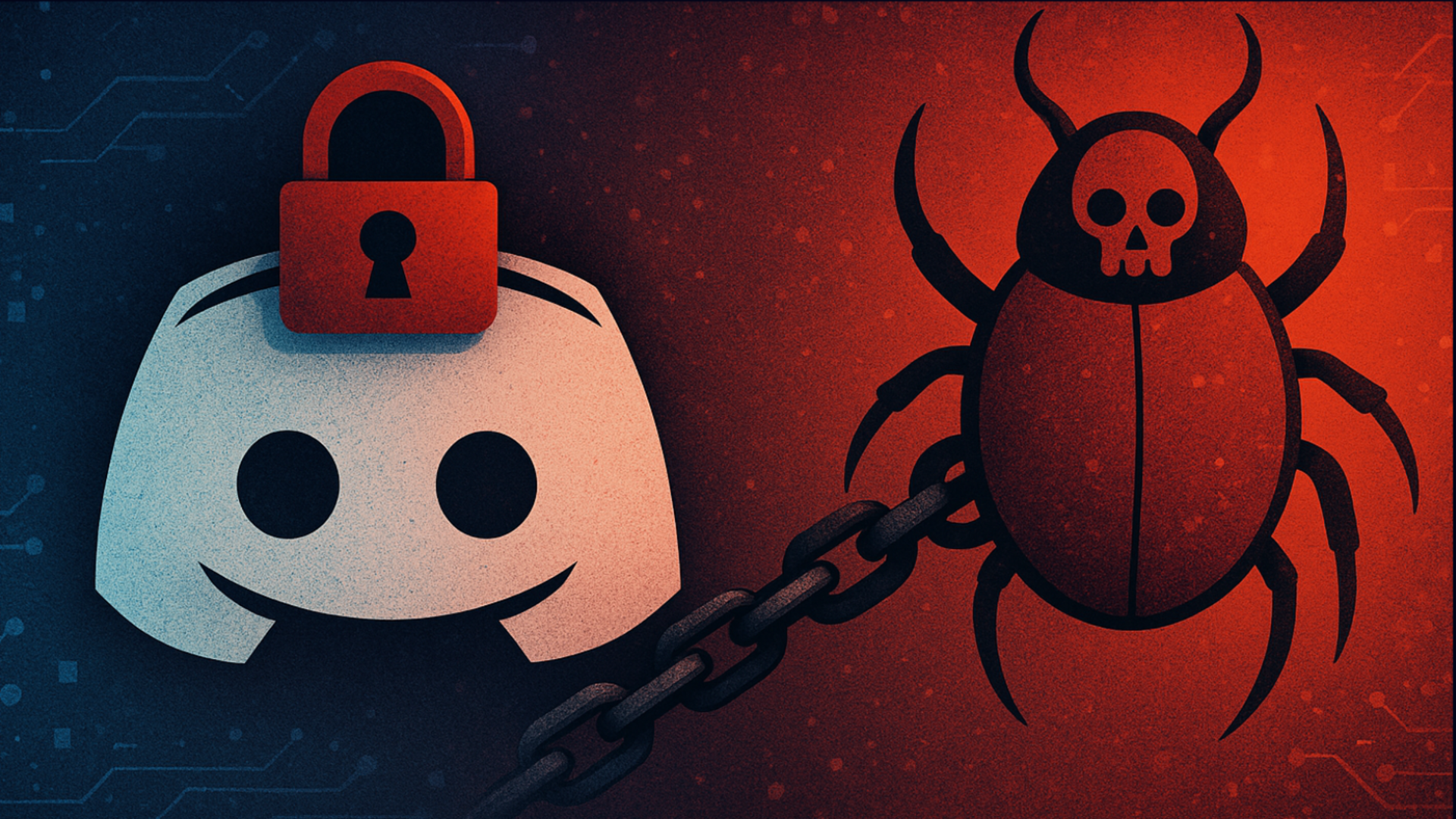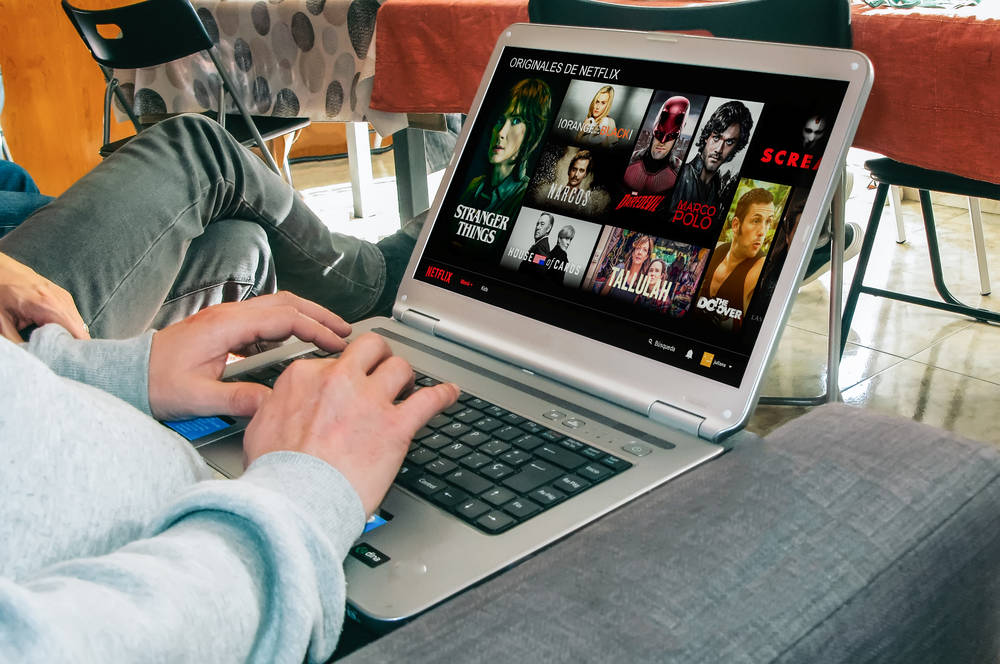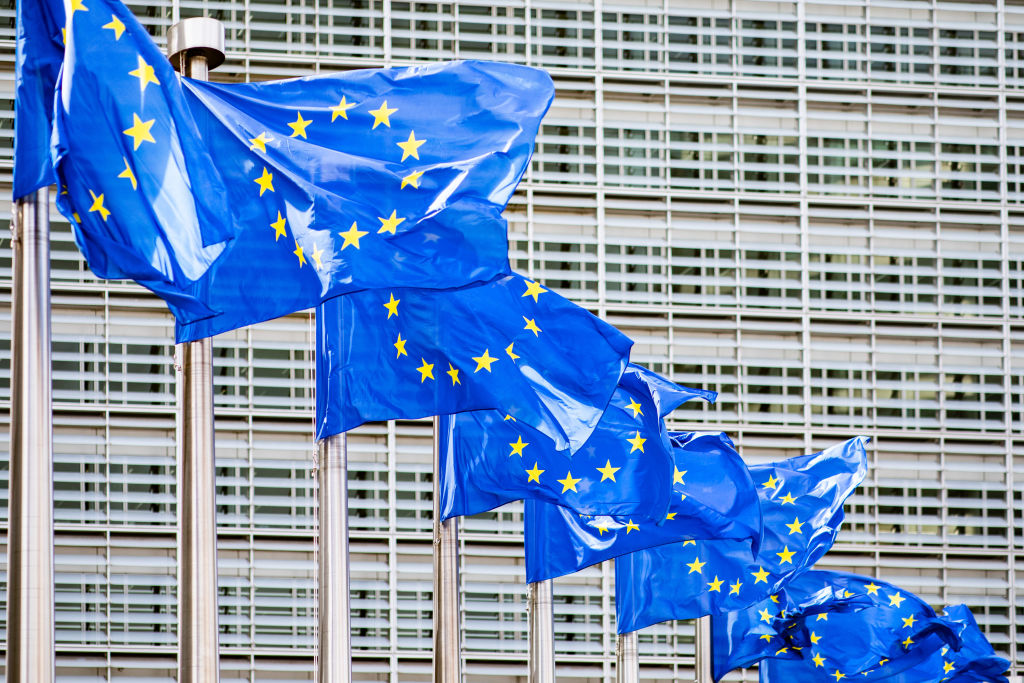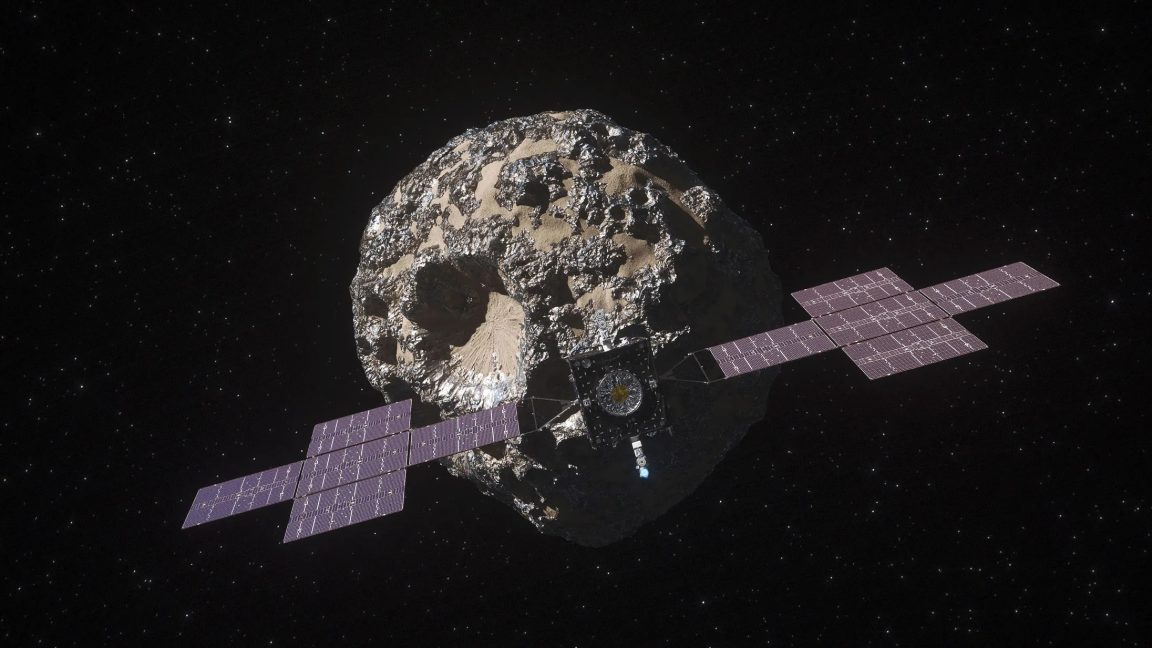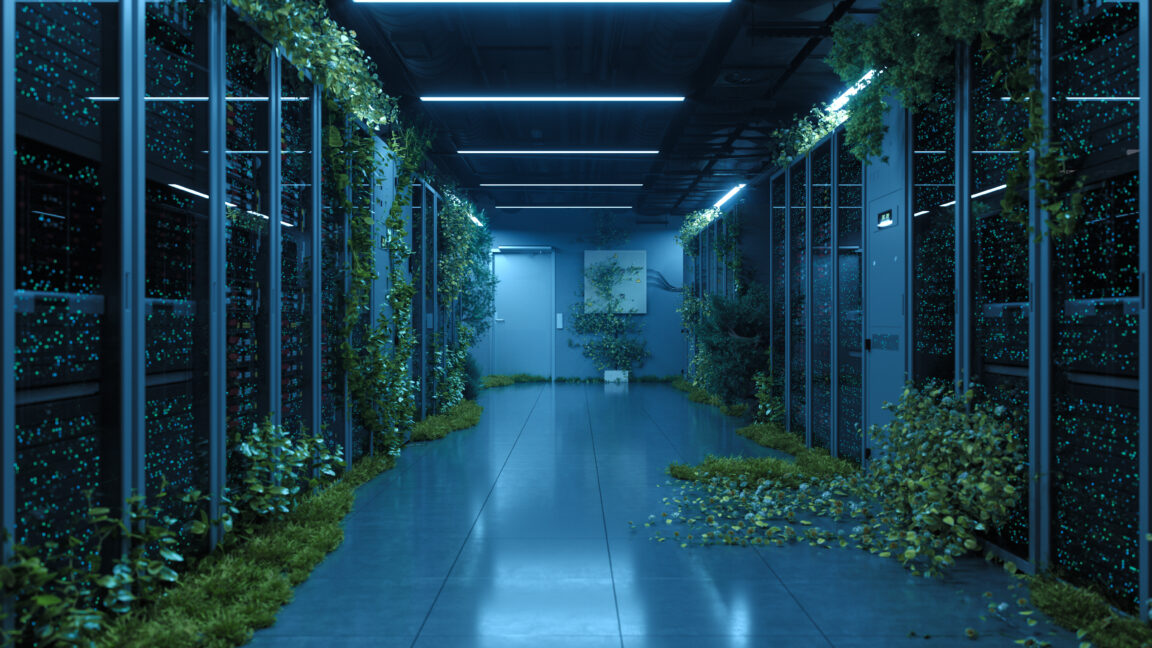CEOs Have Started Warning: AI is Coming For Your Job
It's not just Amazon's CEO predicting AI will lower their headcount. "Top executives at some of the largest American companies have a warning for their workers: Artificial intelligence is a threat to your job," reports the Washington Post — including IBM, Salesforce, and JPMorgan Chase. But are they really just trying to impress their shareholders? Economists say there aren't yet strong signs that AI is driving widespread layoffs across industries.... CEOs are under pressure to show they are embracing new technology and getting results — incentivizing attention-grabbing predictions that can create additional uncertainty for workers. "It's a message to shareholders and board members as much as it is to employees," Molly Kinder, a Brookings Institution fellow who studies the impact of AI, said of the CEO announcements, noting that when one company makes a bold AI statement, others typically follow. "You're projecting that you're out in the future, that you're embracing and adopting this so much that the footprint [of your company] will look different." Some CEOs fear they could be ousted from their job within two years if they don't deliver measurable AI-driven business gains, a Harris Poll survey conducted for software company Dataiku showed. Tech leaders have sounded some of the loudest warnings — in line with their interest in promoting AI's power... IBM, which recently announced job cuts, said it replaced a couple hundred human resource workers with AI "agents" for repetitive tasks such as onboarding and scheduling interviews. In January, Meta CEO Mark Zuckerberg suggested on Joe Rogan's podcast that the company is building AI that might be able to do what some human workers do by the end of the year.... Marianne Lake, JPMorgan's CEO of consumer and community banking, told an investor meeting last month that AI could help the bank cut headcount in operations and account services by 10 percent. The CEO of BT Group Allison Kirkby suggested that advances in AI would mean deeper cuts at the British telecom company... Despite corporate leaders' warnings, economists don't yet see broad signs that AI is driving humans out of work. "We have little evidence of layoffs so far," said Columbia Business School professor Laura Veldkamp, whose research explores how companies' use of AI affects the economy. "What I'd look for are new entrants with an AI-intensive business model, entering and putting the existing firms out of business." Some researchers suggest there is evidence AI is playing a role in the drop in openings for some specific jobs, like computer programming, where AI tools that generate code have become standard... It is still unclear what benefits companies are reaping from employees' use of AI, said Arvind Karunakaran, a faculty member of Stanford University's Center for Work, Technology, and Organization. "Usage does not necessarily translate into value," he said. "Is it just increasing productivity in terms of people doing the same task quicker or are people now doing more high value tasks as a result?" Lynda Gratton, a professor at London Business School, said predictions of huge productivity gains from AI remain unproven. "Right now, the technology companies are predicting there will be a 30% productivity gain. We haven't yet experienced that, and it's not clear if that gain would come from cost reduction ... or because humans are more productive." On an earnings call, Salesforce's chief operating and financial officer said AI agents helped them reduce hiring needs — and saved $50 million, according to the article. (And Ethan Mollick, co-director of Wharton School of Business' generative AI Labs, adds that if advanced tools like AI agents can prove their reliability and automate work — that could become a larger disruptor to jobs.) "A wave of disruption is going to happen," he's quoted as saying. But while the debate continues about whether AI will eliminate or create jobs, Mollick still hedges that "the truth is probably somewhere in between." Read more of this story at Slashdot.

Read more of this story at Slashdot.


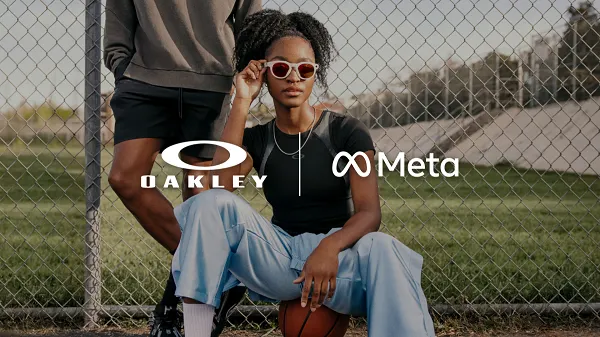

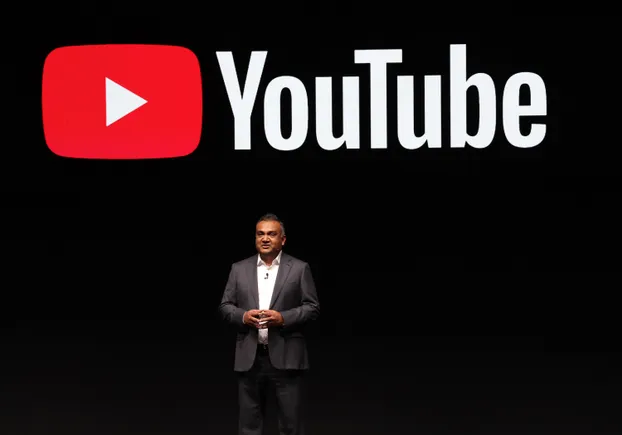
![The Largest Communities on Reddit [Infographic]](https://imgproxy.divecdn.com/vfTS-YsC_ZrqM6F4tAXJgV6qj3gCHSsf2dvHufDbrrQ/g:ce/rs:fit:770:435/Z3M6Ly9kaXZlc2l0ZS1zdG9yYWdlL2RpdmVpbWFnZS9sYXJnZXN0X3JlZGRpdF9jb21tdW5pdGllczIucG5n.webp)

